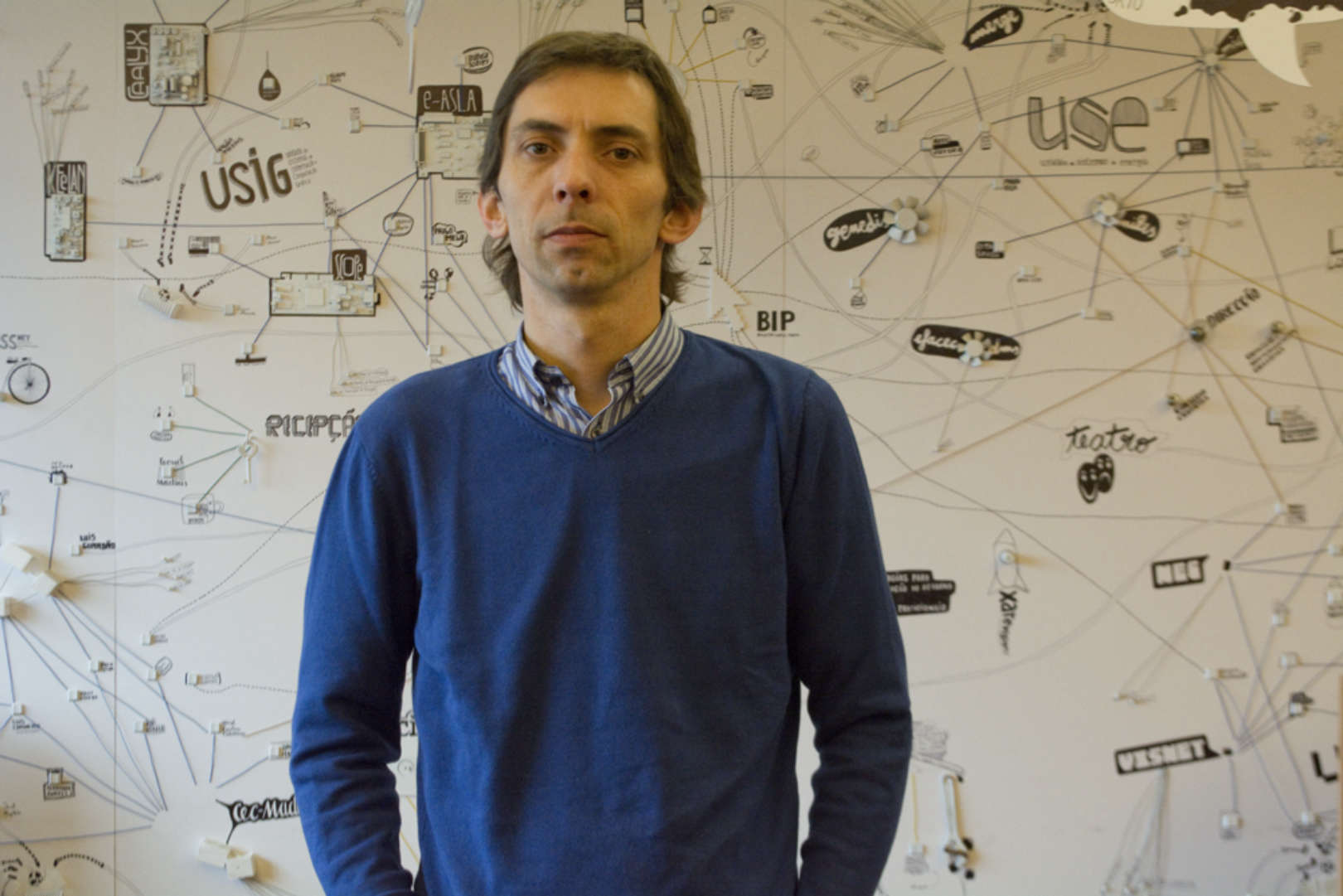About
Education: PhD in Computer Science, Faculdade de Ciências da Universidade do Porto, 2011.
Research interests: concurrency, software verification and testing, unmanned vehicle networks
Selected publications:
- Protocol-Based Verification of Message-Passing Parallel Programs @ OOPSLA'15
- NVL: a coordination language for unmanned vehicle networks @ SAC'15
- Cooperari: a tool for cooperative testing of multithreaded Java programs @ PPPJ'14
- Distributed, Modular HTL @ RTSS'09
Short bio
- Currently researcher at CRACS/INESC-TEC, Prof. Auxiliar Convidado 25% FCUP
- 2012-2016: Prof. Auxiliar Convidado c/dedicação exclusiva, FCUL
- 2006-2011: PhD student in Computer Science, FCUP
- 1998-2005: Software engineer/programmer for consulting companies (Portugal and Brazil)
- 1998: MSc in Advanced Computing, Imperial College London
- 1997: BSc in Computer Science (pre-Bologne), FCUP


